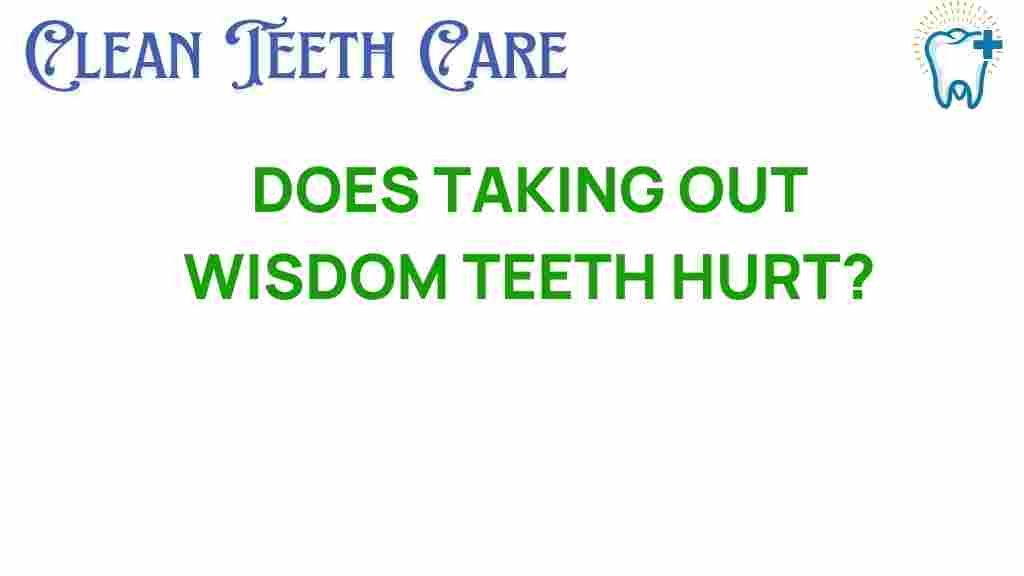The Truth Behind Wisdom Teeth Removal: Is It Painful?
Wisdom teeth, also known as third molars, often make their appearance in late adolescence or early adulthood. For many people, these teeth can lead to a variety of dental issues, prompting the need for dental surgery. If you’re facing the prospect of wisdom teeth extraction, you may be wondering: is it painful? In this article, we will explore the process of wisdom teeth removal, pain management strategies, recovery, and the importance of post-operative care for optimal oral health.
Understanding Wisdom Teeth and Their Removal
Wisdom teeth typically emerge between the ages of 17 and 25. However, due to factors like limited space in the jaw and potential for misalignment, these teeth can cause problems such as:
- Crowding of adjacent teeth
- Impaction, where the tooth fails to fully emerge
- Infection and gum disease
- Cysts or tumors in the jaw
Given these potential complications, many dental professionals recommend early evaluation and, if necessary, extraction of wisdom teeth. Understanding the dental surgery process can alleviate concerns about pain and recovery.
The Wisdom Teeth Removal Process
The process of wisdom teeth extraction typically involves several steps:
- Consultation: Your dentist or oral surgeon will evaluate your wisdom teeth through X-rays and a physical examination. They will discuss the need for extraction based on your specific situation.
- Anesthesia: To ensure comfort during the procedure, anesthesia options include local anesthesia, sedation, or general anesthesia. Your dental care professional will recommend the best choice based on your anxiety levels and the complexity of the extraction.
- Extraction: The actual removal of wisdom teeth involves the use of specialized tools to carefully extract the teeth from the jaw. For impacted teeth, this may require additional procedures like cutting into the gum or bone.
- Post-operative Care: After the extraction, you will receive instructions for managing pain and ensuring proper healing.
Understanding each step can help ease concerns about pain and what to expect during and after the procedure.
Pain Management During Wisdom Teeth Removal
Many patients worry about pain during and after wisdom teeth removal. Here’s how pain management is effectively addressed:
Types of Anesthesia
The type of anesthesia used can significantly impact your experience:
- Local Anesthesia: Numbs only the area around the tooth, allowing you to be awake during the procedure.
- Conscious Sedation: You remain awake but relaxed and may not remember the procedure.
- General Anesthesia: You will be completely unconscious during the surgery, which is often used for complex extractions.
Your dentist will discuss the best option for you based on your comfort level and the procedure’s complexity.
Managing Pain After Surgery
Post-operative pain is common but manageable. Here are some effective strategies for pain management following wisdom teeth removal:
- Medications: Over-the-counter pain relief medications like ibuprofen or prescribed painkillers can help manage discomfort.
- Cold Compress: Applying a cold pack to the outside of your cheek can reduce swelling and numb the area.
- Rest: Taking time to rest and avoid strenuous activities supports healing.
- Soft Foods: Following a soft food diet can minimize irritation to the extraction site.
By adhering to these guidelines, you can effectively manage post-operative pain.
Recovery After Wisdom Teeth Extraction
Recovery time can vary depending on the complexity of the extraction and individual healing rates. Here’s what to expect during recovery:
Initial Recovery Phase
For the first 24 hours:
- Rest is crucial. Avoid physical activities that could dislodge blood clots.
- Follow prescribed pain management techniques.
- Stay hydrated but avoid using straws, as suction can dislodge clots.
Following Days
In the days following your dental surgery, you will continue to monitor your recovery:
- Gradually reintroduce solid foods as tolerated.
- Maintain good oral hygiene by gently rinsing your mouth with warm salt water.
- Watch for signs of infection, such as increased pain, swelling, or discharge.
Typically, most individuals feel significantly better within a week, with complete healing taking a few weeks.
Post-Operative Care for Optimal Oral Health
Ensuring proper post-operative care is essential for your oral health. Here are some key tips:
- Follow Instructions: Adhere to all post-operative care instructions provided by your dental professional.
- Oral Hygiene: Maintain a gentle oral hygiene routine, avoiding the extraction site for the first few days.
- Stay Alert: Be aware of any unusual symptoms and contact your dental professional if you have concerns.
Overall, following these care protocols can help reduce the risk of complications and promote faster healing.
Troubleshooting Common Concerns
Some patients may encounter issues during recovery. Here are common concerns and solutions:
Persistent Pain
If you experience ongoing pain after the initial recovery phase, it may be a sign of complications such as dry socket. Consult your dentist if pain persists beyond a few days.
Swelling and Bruising
It is normal to experience some swelling and bruising after surgery. However, if swelling increases significantly or lasts longer than a week, seek professional advice.
Infection Signs
Look for symptoms like fever, pus, or severe pain. If these occur, contact your dental care provider immediately.
Conclusion
Wisdom teeth removal is a common dental surgery that many people undergo. While concerns about pain are valid, understanding the anesthesia options, effective pain management techniques, and proper recovery can ease anxiety. By following your dentist’s post-operative care instructions, you can ensure a smoother recovery and maintain optimal oral health.
If you have more questions about wisdom teeth removal or need guidance on dental care, visit this resource for more information. Remember, informed decisions lead to better outcomes in your dental journey.
For further reading on oral health and dental care, check out this article for tips on maintaining a healthy smile.
This article is in the category Treatments and created by CleanTeethCare Team
